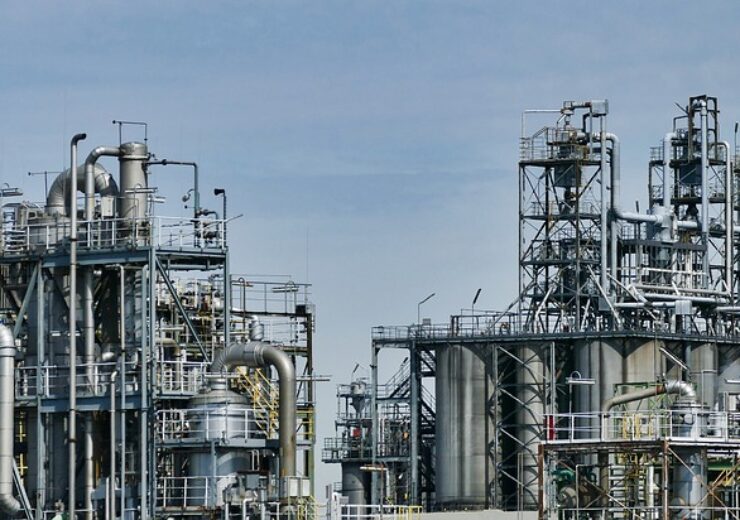Spin out of the business expected to help bring in strategic investors and marquee sector focused investors

Reliance Industries’ O2C business is engaged in the refining and marketing of petrochemicals. (Credit: SatyaPrem from Pixabay)
Reliance Industries (RIL) announced that it has started the process of carving out its oil-to-chemicals (O2C) unit into a separate subsidiary.
The O2C unit will be in charge of the Indian conglomerate’s refining and marketing, and petrochemicals activities.
According to Reliance Industries, the reorganisation of the O2C business enables the participation of strategic investors and marquee sector focused investors. However, the company will retain majority control over the new subsidiary.
The conglomerate expects the self-funded O2C company to focus on pursuing new growth opportunities.
It further stated that the spin out will enable it to further expedite its new energy and new materials business towards realising its vision of developing clean and green energy.
Reliance Industries expects the consent process to be wrapped up by the first quarter of fiscal 2022 (FY22), with approval from India’s National Company Law Tribunal (NCLT) anticipated to be secured by the second quarter of FY22.
The company expects to work together with O2C to achieve net carbon zero by 2035. The target is planned to be reached through the development of a green energy ecosystem and by adopting new technologies to decrease O2C’s carbon footprint.
Furthermore, the conglomerate plans to invest in advanced carbon capture and storage technologies for O2C and also accelerate production of hydrogen.
The conglomerate is in talks with Saudi Aramco to sell a 20% stake in the O2C unit for a sum of $15bn. Last July, Reliance Industries said that the sale had been delayed by the uncertainty resulting from the Covid-19 pandemic and unforeseen circumstances in the energy market.
The primary asset of the O2C business is the Jamnagar refinery in the state of Gujarat, which is expected to be supplied with 500,000 barrels per day of Arabian crude oil from Saudi Aramco after the completion of the proposed deal.
